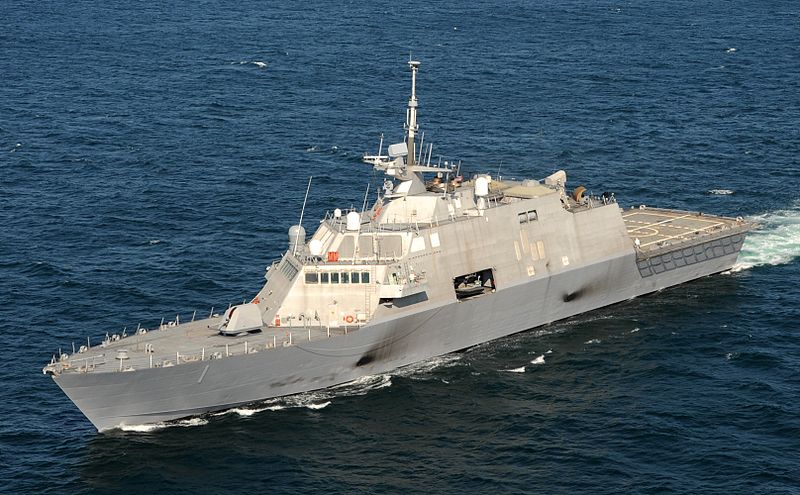An interview by Tom Jackson:
What do you hope people will learn after reading The United States of Paranoia?
WALKER: I hope they’ll learn that conspiracy theories are not some new invention: that they’ve always been with us and that they aren’t going away. I hope they’ll learn that there isn’t a single all-purpose political or psychological explanation for why such stories take hold. I hope they’ll learn that the American establishment is prone to conspiracy thinking, no less than its critics on the left and the right are. I hope they’ll learn that these stories have something to teach us even when they’re entirely false — that a conspiracy theory doesn’t take hold with a lot of people unless it speaks to their anxieties or experiences.
And I hope that as they read about the things our ancestors believed, they’ll feel a little shock of recognition. The fears and folklore of modern times can sound a lot like the fears and folklore of earlier generations. We’re not as unique as we think.
It seems to me we are living in very paranoid times, akin to what the country went through in the 1970s. Do you think the timing of your book turned out to be good, perhaps by accident?
WALKER: Many people have said this to me. But as I say in the book, “it is always a paranoid time.” If this had come out last year, people would have looked around at all the election-year conspiracy chatter and told me how well-timed the book was. If it had come out the year before that, people would have pointed to the birthers or to the conspiracy theories about the death of bin Laden.
Do you hope some of your readers will become more tolerant? Much of the book seems to argue for tolerance of other peoples’ conspiracy theories, or at least an effort to understand where they are coming from.
WALKER: Well, I’m all for debunking claims that aren’t true, and that includes untrue claims about conspiracies. But I do hope the debunkers will approach their task with a little humility, an awareness that they’re capable of believing dubious tales too.
[…]
So, what do you think happened to JFK in Dallas?
Walker: Contrary to what you may have read in the Weekly World News, he died.




